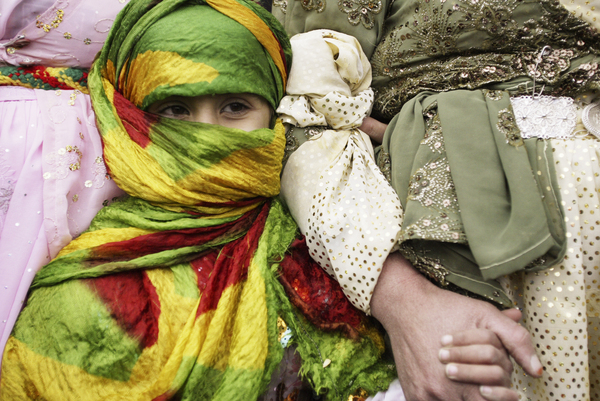Covid-19 has contaminated hundreds of thousands of people with infections increasing dramatically daily. Some have projected the total number of those affected worldwide will be in the tens of millions with fatalities anticipated to be over 1 million people. Sports have been canceled, jobs have been lost, schools have been closed. Terms like “social distancing,” “isolation,” and “quarantine” have become common vocabulary. Churches have been shut down for weeks, many without a date for reopening.
The current circumstances, though alarming, could present opportunities for churches to deepen their understanding of what the persecuted church faces daily. Christians in the U.S. are some of the most innovative and generous people in the world. They have given billions of dollars and countless hours to witness to those where Christ is least known.

But from a firsthand perspective, most cannot relate to people who have been harassed for their faith in an environment where Christianity is constrained. Christians in restricted access countries constantly are watched because of their faith. Often their phones are tapped, their conversations are recorded, and their workplaces and friendships are monitored. When gathering together for worship, they have to be careful.
They cannot meet in traditional church buildings and changing venues regularly is normal. Sometimes they gather in houses, sometimes in parks, sometimes in stores. They congregate in small numbers, no more than 10 to 15 people. Not long ago, a pastor was kidnapped. When the pastor’s wife asked officials where he was, after over a month of looking for him, an official replied, “We executed him two weeks ago. … Tell your Jesus to come and make him alive.”
While Covid-19 has not threatened Christians with jailtime or torture, those who are used to worshiping in complete freedom have been given a small taste of reality for persecuted Christians. Unable to gather as they are used to, believers are getting a glimpse of what daily life is like for Christians in countries that do not allow such freedoms. Hearing a believer in a restricted access country say, “You are the first Christian I have seen in two years,” may not be so unfathomable now and may have deeper meaning than it did before the virus broke out.
This coronavirus will be contained, its stresses will be relieved, and life will get back to normal – though a new normal. For the persecuted church, however, the pressures will remain. Christians in restricted access countries will still be threatened. They will continue to suffer and die for their faith. Each time they gather, they will be at risk.

You can use this time to focus your kindness and your prayers toward those who face the hardship and persecution constantly. Your temporarily restricted freedoms can serve as a reminder to deepen your commitment to reaching the world with the gospel.
Here are some examples of powerful ways to stay connected to the persecuted church right now:
- Prayers. Commit to pray daily. Pray for Christians who cannot meet regularly and do not enjoy the same freedoms that you do.
- Bibles. Getting them to persecuted Christians is paramount. Losing corporate, physical worship is one thing. What if you or your church had no Bibles?
- Support. Many churches have experienced just a little bit of what missionaries to persecuted peoples constantly face. This should help in the way the church supports missionaries before, during and after their time on the field.
- Gratefulness. Counting blessings takes on a different worth, including the blessing of suffering when expressing thanks to God.
- Surrender. Consider the cost. Become a missionary. Encourage your children to become missionaries. Take work overseas. The persecuted church needs all types of missionaries, vocational and non-vocational.
Life is hard. Christ is precious. As Romans 8:16 states the sufferings of this present time are not worthy to be compared with the future glory that will be revealed in us.

